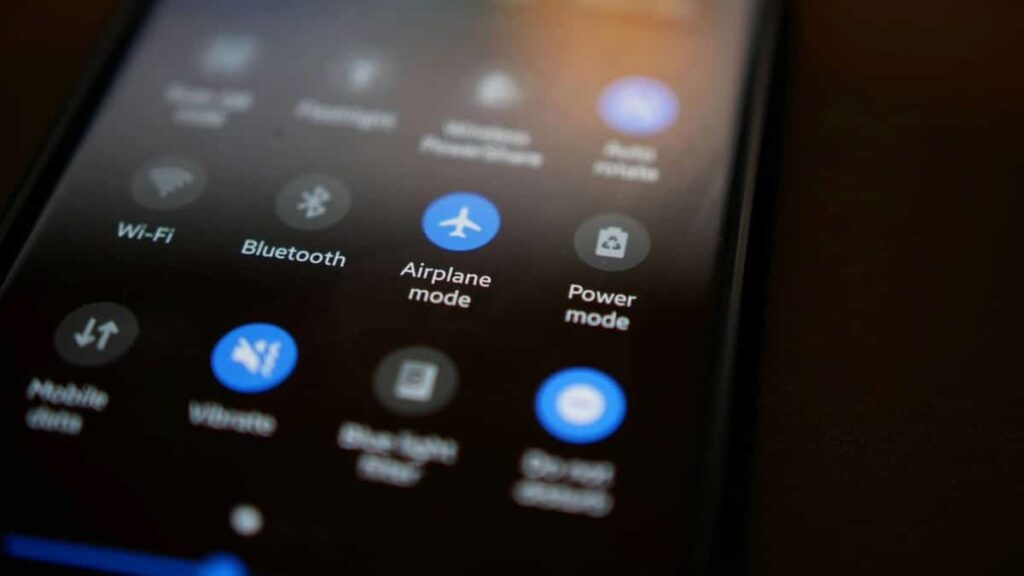We use our smartphones for everything: messaging, streaming, and even as digital wallets. However, with this convenience comes increased risks to our privacy and security. Have you ever found yourself consuming mobile data when you thought you were connected to Wi-Fi at home? This is because your phone’s automatic connection to wireless networks tricks you into thinking it’s connected to Wi-Fi. It’s just one of many reasons why you may be at more risk than you are.
Most people, myself included, tend to leave Wi-Fi on all the time. After all, who wants to waste their precious mobile data? However, constantly scanning networks on your phone not only negatively impacts battery life, but also poses serious security risks. Every time your device connects to a Wi-Fi network, especially one you don’t control, you open the door to potential threats. In a world where we regularly connect to cafes, gyms, and public spaces, it’s not far-fetched to think that others can track your location as you move between networks.
Why it’s important to turn off Wi-Fi
Turning off Wi-Fi may seem inconvenient, but it’s an easy way to protect your phone from unauthorized access. You can quickly turn off Wi-Fi on any smartphone, but sometimes that’s not enough. First, it’s essential to remove old Wi-Fi networks that you no longer need (the connections you once established at your local cafe or hotel). The fewer networks a device stores, the fewer vulnerabilities it is exposed to.
Android users should be especially careful. Even if you manually turn off Wi-Fi, your phone may still be scanning for networks through other services like Bluetooth or location tracking. It’s important to thoroughly examine your settings and disable these hidden background scans to prevent your device from unintentionally sending more data than necessary.
A friend of mine who works in the IT industry once told me that despite taking all these precautions, he still avoids connecting to public Wi-Fi altogether. His reasoning? “You never know who’s lurking on the other side of that network.” And that leads to the next important point. Always use a VPN if you need to connect to public Wi-Fi.
The importance of using a VPN on public networks
A virtual private network (VPN) acts like a security blanket for your data. When you connect to a public network, a VPN creates a secure, encrypted connection between your device and the Internet. This means that even if someone is snooping on your network, your data will remain safe from prying eyes. Thankfully, many smartphones, such as Google’s Pixel models, have built-in VPN options, making it easier than ever to stay protected.
When you use Wi-Fi outside your home, you don’t just turn off the connection when you don’t need it. It’s about taking a holistic approach to security. If you’re streaming music, checking maps, or chatting on WhatsApp while you’re on the go, you might be able to take advantage of mobile data. However, if you need to connect to an open network, deploying a VPN is easy.
Customize your smartphone to improve your privacy
Both the iOS and Android operating systems offer a variety of privacy features to help protect you, but they aren’t always turned on by default. From automatically disabling Wi-Fi when you leave a certain area to controlling which apps have access to your location, there are many ways to adjust your settings to feel more secure. Personally, I set my phone to only connect to Wi-Fi in trusted locations, such as my home or work. That way, you get the convenience of automatic connection without worrying about connecting to random networks.
As it turns out, you don’t need to make any major changes to protect your phone. Simple steps like turning off Wi-Fi when it’s not needed and using a VPN on public networks can make a big difference in protecting your personal information. After all, in today’s hyper-connected world, taking a few extra seconds to disable Wi-Fi can be the key to keeping your data safe.
By staying informed and taking proactive steps, you can stay ahead of the curve in protecting your digital privacy.
My name is Noah. He is a full-time member of the “Jason Deegan” team. With a passion for technology, we strive to bring you the latest and most exciting news in the world of tech.


